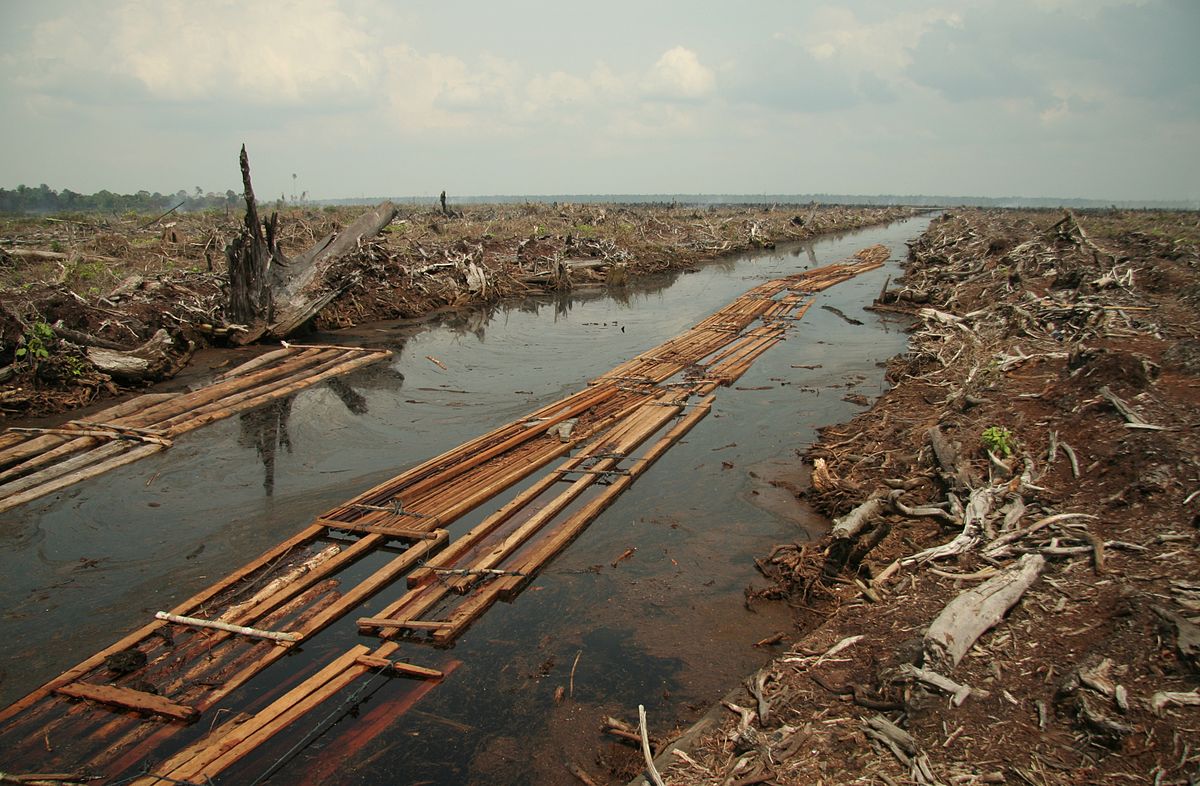Summary
There is a range of key issues core to human development across the planet in the 21st century which the approach to development, termed “sustainable development”, is designed to modify and change. With a human population growing at exponential rates, seeking ever higher standards of living from a finite amount of resources, unsurprisingly many references to Malthusian theory are still a constant. Thomas Malthus in 1789 studied European population growth and worried that global starvation would occur as human populations were growing too fast (PRB 2008). Yet Malthus did not predict technological innovation at the rate it occurred to vastly improve productivity in agriculture worldwide. Nevertheless, his observations on exponential growth were important identifying that human populations grow geometrically (1,2,4,8…) rather than arithmetically (1,2,3,4…) (ibid).
Human population across the planet (expected to reach 8Bn by 2024) has required increasing amounts of resources to fulfil its needs and wants. Food production (agriculture) and water distribution have had to be expanded greatly as population has grown. Similarly, energy requirements have increased vastly to service the global economy and increasing domestic demand worldwide. Industrial development and urbanisation have also used many natural resources. The effects on biodiversity, ecosystems and the atmosphere have been profound.

'Riau deforestatio' by Aidenvironment, from Wikimedia. Used under a creative commons license
'Cows eating trash, Jaipur, India.' by Marcin Białek, from Wikimedia. Used under a GFDL license

'Air Pollution in Victoria Harbour in Hong Kong' by Yym1997, from Wikimedia. Used under a creative commons license
Humans have increased the species extinction rate present across the planet by 1000 times the background rate typical throughout the planet’s history (MEA 2005). Carbon emissions (400ppm and rising) (NASA 2015) have contributed to the greenhouse effect, which has encouraged climate change and weather extremes, which have in turn impacted most on the poorest in global society. This has impacted on their health and life opportunities, and poverty is increasingly being recognised as an increasingly important factor to be tackled if sustainable development is to be achieved. According to Oxfam (2015) the richest 62 people on the planet have the same wealth accumulated as the poorest 50% of people on the planet and in such a context it is difficult to see how a more sustainable path can be achieved without drastic changes to the implementation of sustainability practices across the globe.